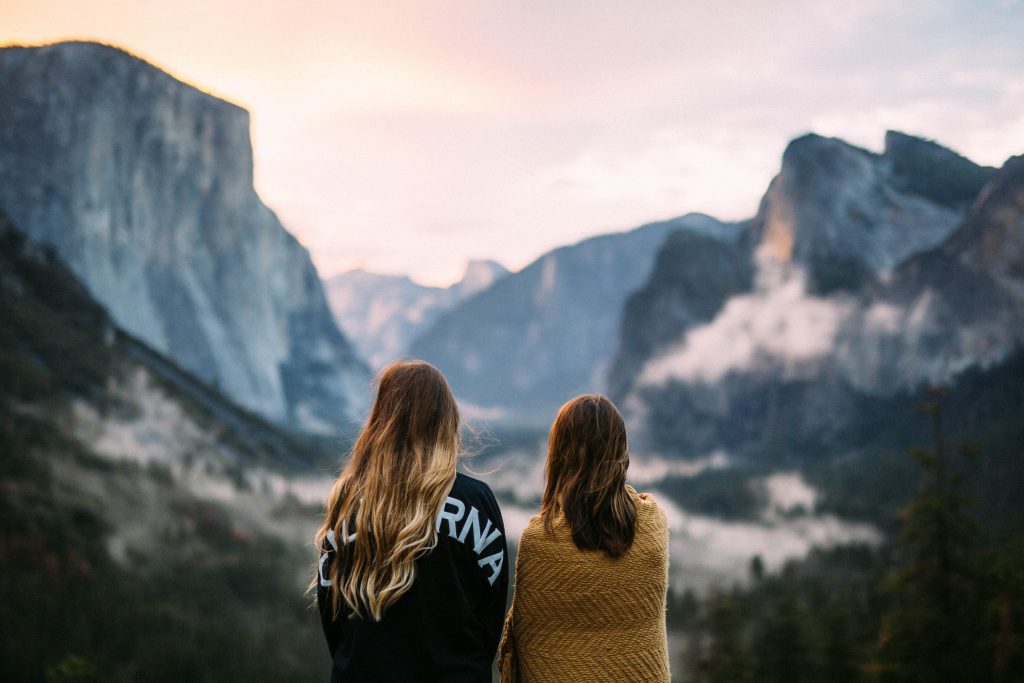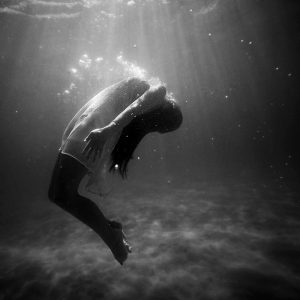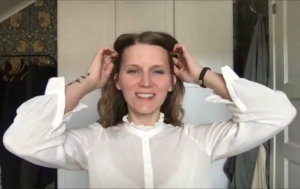
It happened a few weeks into high school.
I was thirteen, and I knew by then that others considered me pretty. Until then it had never been a big deal, it was just one of the many things my friends and classmates knew me as. Other things were: Very tall, very strong, a fast runner, a loyal friend, a quick learner, a bit of a loud mouth.
I was as tall when I was thirteen as I am now, a good five feet eight, and since I spent every day in the stables, riding horses and mucking horse shit, those were muscular, sinewy inches. I was strong, and in middle school I took great pride in having beaten every single kid in school in arm wrestling, boys and girls alike.
But now we’d moved on to high school and I was not just one of the kids anymore. In those short weeks since the term started I’d been singled out as the pretty girl. And this mattered, a lot. I got that much.
During recess, a boy in my class asked for an arm wrestling re-match. I was game, as always. We sat down at opposite sides of the table, grabbed each other’s fists and prepared to begin, laughing and taunting each other. Our classmates gathered around to cheer us on, some other students circled around to watch, including a bunch of older boys who didn’t really join in the cheering. They just kept eyeing me and then looked at each other and smiled as if they knew something I didn’t.
I suddenly felt very naked, sitting there.
Another classmate counted down, three, two, one and we went for it. It was a tough one. I realised he had grown stronger since our last match and that I would have to give all I had to win this time. All of me rose to the challenge, every fibre in my body, every ounce of determination focused on bending that wrist and getting the upper hand (literally) – and simultaneously the realisation hit me. If I gave it all like that, I wasn’t going to look pretty. My face red and contorted, my muscles shaking from the strain. I’d never cared about that before, nor had my classmates.
But I somehow knew it was crucial that those older boys did not see me like that.
The decision was made in a split second. Before I even knew what happened, I relaxed my arm and let him bang my fist into the table. He jumped up and roared with triumph.
I laughed it off. Like it didn’t matter. After all, as a girl I wasn’t expected to be stronger than a boy. (Only I was. I was!) I managed to keep smiling, high fived him and walked away.
From that moment on, the split became almost permanent. That (dis)ability all women share to always monitor themselves from the outside. Seeing themselves through the eyes of others, the eyes of boys and men. The eyes of patriarchy, essentially. There’s a name for this split. It’s called self-objectification.
“A key process whereby girls [and women] learn to think of and treat their bodies as objects of other’s desires”, professor Eileen L. Zubriggen describes it.
Self-objectification wrecks our ability to stay grounded in our own bodies and experiences. It messes with our ability to be and feel present, to enjoy food and nourishment. It reduces available cognitive functioning, affecting our performance in school and at work. It fucks up our sex drive (because who can let go and lose control while also keeping an eye on yourself so you don’t show your ass from an unflattering angle or make a weird face when you orgasm).
It also messes big time with our creativity.
Being creative is about all the things I just mentioned: Daring to lose control, to be present and forget about yourself, to risk looking silly, to disregard the opinions of other’s and trust your own vision. To embody and express all of you, not just the pretty parts.
So what I gave up that day was a lot more than an arm wrestling match. I gave up my power. I made myself smaller in order to fit into a role that gave me no real advantages whatsoever.
Being admired and desired by men is sold as the number one advantage for women in our culture. But it’s a promise that never delivers. The objectification of women and the resulting self-objectification leads only to disadvantages – loss of power, voice and agency being among the worst.
“What if women started to view their bodies as tools to master their environment, instead of projects to constantly be improved?” Professor Caroline Heldman asks.
Yes. What if we could take all the energy we spend on monitoring and censoring ourselves and re-direct it into some kinder, truer, more rebellious cause? What if we could find ways to heal that split inside? To stay firmly grounded in our own being and our own bodies, speaking from there, making art from there, looking at the world instead of being looked at.
Yeah, what if.
And let’s not trivialize the immensity of the challenge. We are all shaped by the culture we live in and there’s no escaping it, not individually. This is about longterm, collective changemaking. But let’s dream a little. Let’s open that door, as well as our eyes.
What if?
It could be the start of one hell of a creative revolution.









